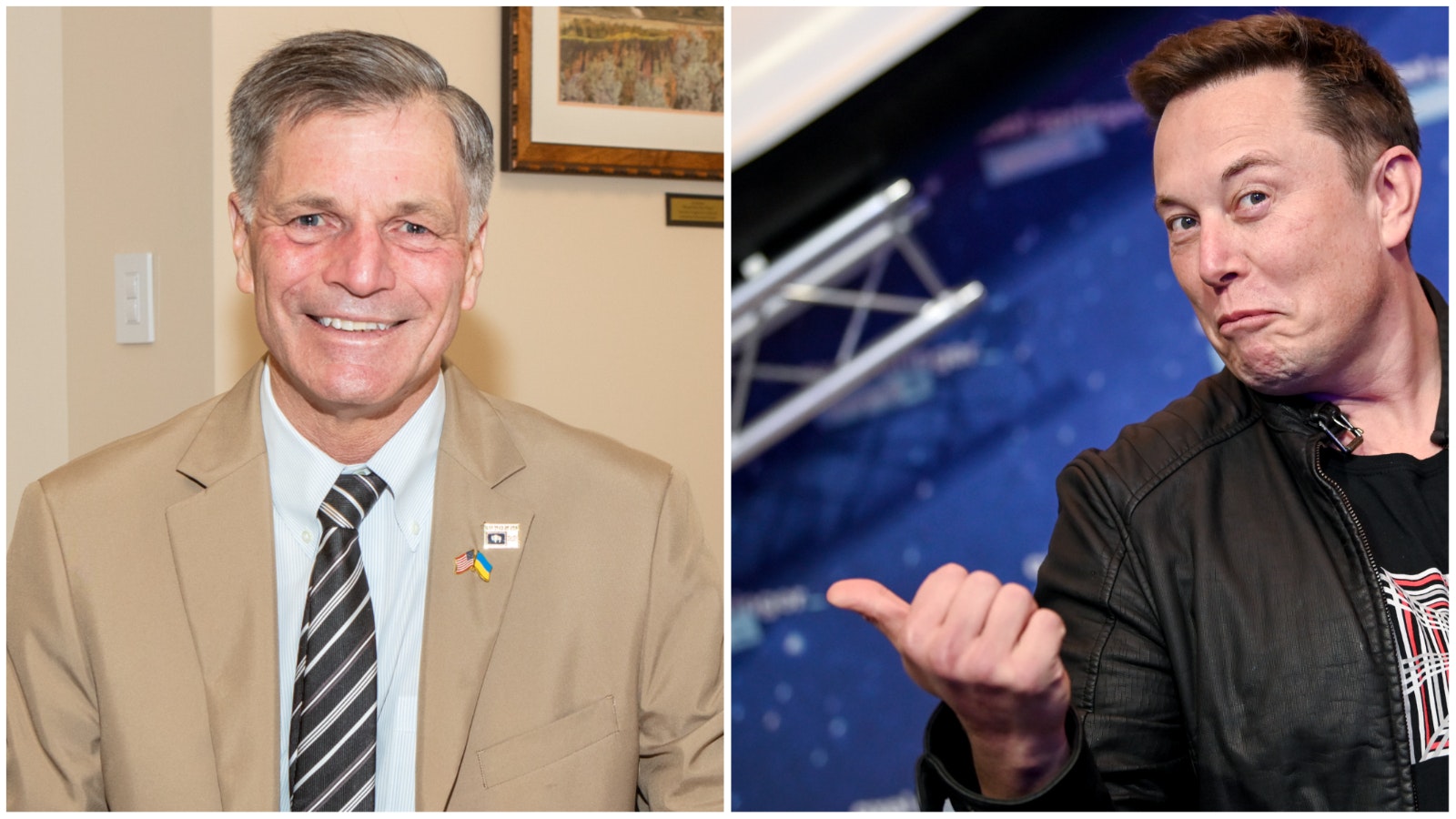Woke capitalism, as some call it, has faced increased challenges from the private sector, but now some public officials also are pushing back against the movement.
A group of Republican U.S. state treasurers with the State Financial Officers Foundation have launched a campaign to push back against Environment, Social and Governance (ESG) ratings.
The campaign, called Our Money Our Values, argues that ESG puts pressure on corporations to adopt progressive policies, and in this way allows agendas to move forward without the constraints of a democratic process through state legislatures or the courts.
It warns that ESG policies are harmful to not only the oil, gas and coal industries, but also agriculture, as farms and ranching are increasingly targeted as contributors to climate change.
How It Impacts Public Money
A low ESG rating can drive investors away from a company, which effectively forces companies to adopt policies that will raise their ratings.
State treasurers are in charge of their states’ investments and 401k, pension or retirement funds, which means they invest taxpayer dollars in index funds that can be influenced by the ESG system.
Where Does Wyoming Stand?
Wyoming Treasurer Curt Meier declined to comment on the Our Money Our Values campaign, but Wyoming has a history of not supporting ESG policies.
In 2018, when Gov. Mark Gordon was state treasurer, San Francisco-based Bank of the West adopted ESG policies, which seek to divest from companies involved in fossil fuel production.
In response, Gordon vowed that Wyoming would no longer do business with Bank of the West.
Gordon told Cowboy State Daily he remains committed to Wyoming’s fossil fuel industries and doesn’t support companies and investment firms that “implement myopic ESG principles promoting a solely anti-fossil fuel policy when an all-of-the-above energy future recognizes the full spectrum of ways to address climate change.”
Agenda First
State Financial Officers Foundation CEO Derek Kreifels told Cowboy State Daily that “ESG is a highly subjective political score infiltrating all walks of life and forcing progressive policies on everyday Americans resulting in higher prices at the pump and the store.”
Companies that would appear to be in good graces with ESG can easily fall out of favor unless they demonstrate a commitment to a range of progressive ideals.
Green, But Not Green Enough?
Even a company like electric car and solar manufacturer Tesla can run afoul of the ESG raters. Despite being a crusader for solar energy and electric cars, the company was removed from the S&P 500’s ESG index last May.
S&P Dow Jones Indices’ senior director and head of ESG indices Margaret Dorn explained in a blog post how a company dedicated to transitioning the globe to sustainable energy like Tesla fails the ESG ideological purity test.
Tesla was dinged for not having a low-carbon strategy and two claims of racial discrimination and poor working conditions at a Tesla factory, among other matters.
“While Tesla may be playing its part in taking fuel-powered cars off the road, it has fallen behind its peers when examined through a wider ESG lens,” Dorn wrote.
Tesla CEO Elon Musk has become the target of progressive criticism since taking over Twitter and implementing free speech policies. Conservatives have long claimed the platform discriminated against their ideas and applied community standards inconsistently.
In response to its downgrading in the ESG world, Musk tweeted, “ESG is a scam. It has been weaponized by phony social justice warriors.”
Fiduciary Responsibility
Research also is finding that high ESG ratings don’t always translate to better investment performance, which is further confirming the suspicion that too much emphasis on political objectives is distracting from financial objectives.
Gordon said that, as treasurer, he advocated against investment restrictions that “interfere or conflict with the state’s primary fiduciary responsibility to ensure Wyoming citizens receive all necessary services, as well as the best possible return on the state’s investments.”
This point was raised by the Republican treasurers involved in the Our Money Our Values campaign at a press conference earlier this month announcing the initiative.
“We’re … not going to allow the assets under our management to be politicized and weaponized. We’re committed exclusively to the financial best interest of our constituents,” Brietbart reported Nebraska State Treasurer John Murante said at the conference.





